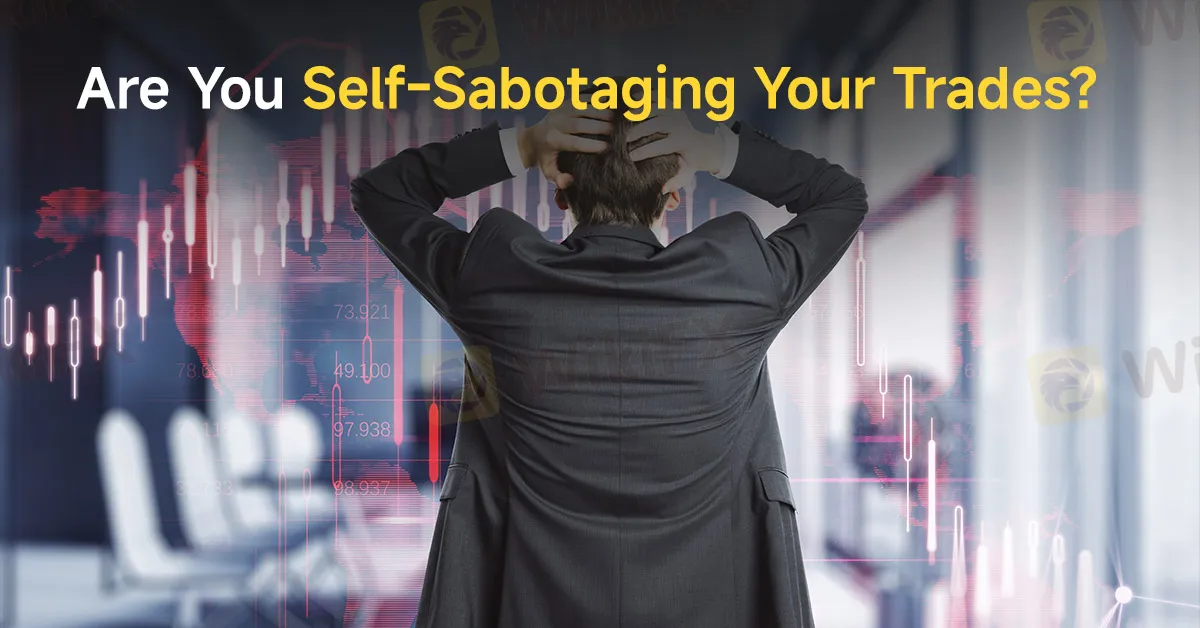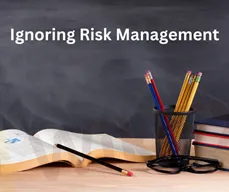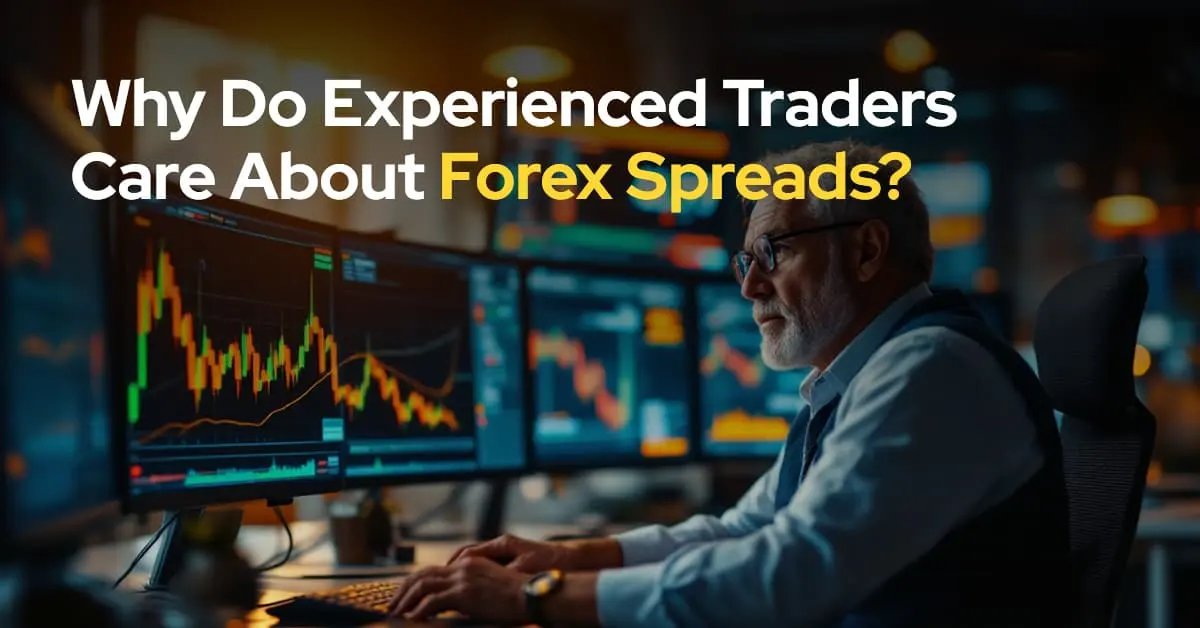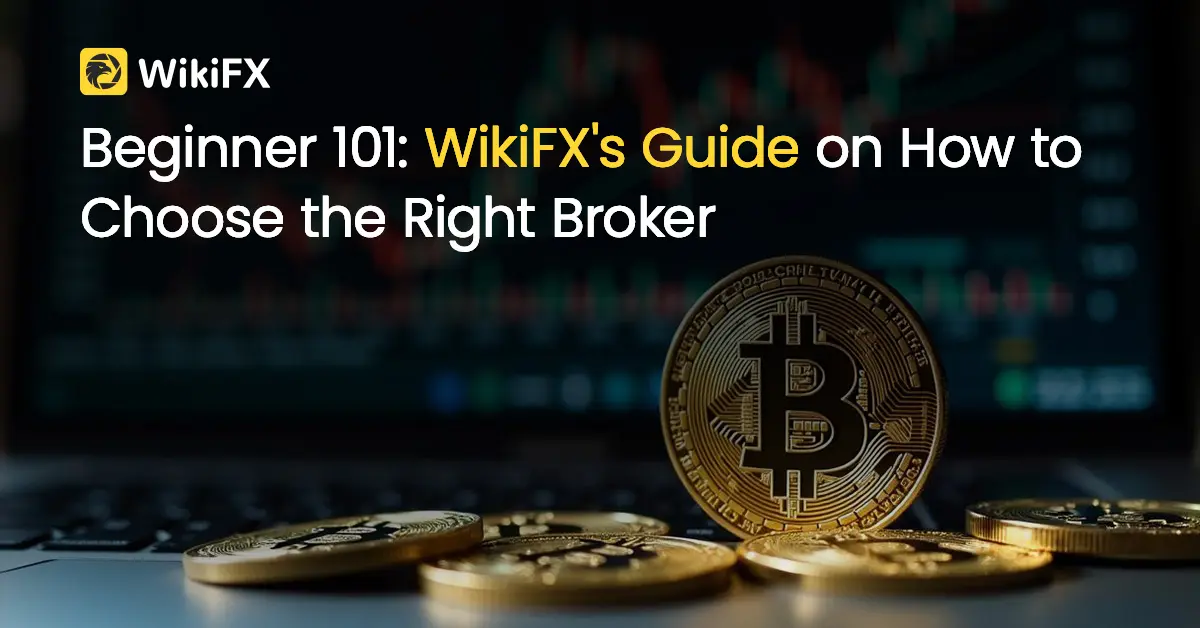Are You Self-Sabotaging Your Trades?
Abstract:While many traders enter the market with dreams of financial freedom and substantial profits, they often find themselves facing significant losses instead. A common, yet under-discussed, factor behind these losses is self-sabotage.

In the high-stakes world of online trading, success often hinges not just on market knowledge and technical skills, but also on the psychological resilience and discipline of the trader. While many traders enter the market with dreams of financial freedom and substantial profits, they often find themselves facing significant losses instead. A common, yet under-discussed, factor behind these losses is self-sabotage. Understanding the ways traders undermine their own success is crucial for anyone looking to navigate the markets successfully.

Emotions are the arch-enemy of rational trading. Fear and greed are the most common culprits. Fear can paralyze a trader, preventing them from executing well-planned trades, or it can force them to close positions prematurely, missing out on potential profits. On the other hand, greed can push traders to hold onto winning trades for too long, waiting for that extra pip that never comes, or to over-leverage their positions in the hope of outsized gains. This emotional rollercoaster often leads to poor decision-making and significant losses.

A surprising number of traders dive into the markets without a well-thought-out trading plan. A trading plan outlines the strategy, risk management rules, and goals of the trader. Without it, trades are often executed based on whims or gut feelings rather than sound analysis. This haphazard approach almost always ends in disaster. A solid trading plan is a traders roadmap, helping to maintain discipline and consistency, two key components of long-term success.

Overtrading is another common form of self-sabotage. Driven by the excitement of the market or the desire to recoup losses quickly, traders often execute too many trades. This not only increases transaction costs but also leads to less careful analysis and poorer trade quality. Overtrading can rapidly deplete a trading account, turning a promising trader into a frustrated one.

Risk management is often the first casualty of overconfidence. Traders may neglect to set stop-loss orders or may risk too much of their capital on a single trade. This lack of risk management can lead to catastrophic losses. Effective risk management involves setting stop-loss levels, diversifying trades, and never risking more than a small percentage of one‘s trading capital on any single trade. It’s the safety net that can keep traders afloat during rough market conditions.

The temptation to recover losses by increasing trade size or frequency is a classic self-sabotage move. This is often referred to as “revenge trading.” After a losing streak, the emotional toll can lead traders to make irrational decisions, hoping to quickly recover their losses. This usually results in even greater losses and a downward spiral that can be difficult to escape.

After a series of successful trades, traders can become overconfident, believing they have mastered the market. This overconfidence can lead to larger, riskier trades, and a disregard for market analysis and risk management. The market has a way of humbling even the most confident traders, and those who do not respect its volatility often pay a hefty price.

Markets are dynamic and constantly evolving. Strategies that work well in one market condition may fail miserably in another. Traders who are unwilling or unable to adapt their strategies in response to changing market conditions often find themselves on the losing end. Continuous learning and flexibility are essential traits for long-term success in trading.
In summary, self-sabotage in trading is a significant barrier to success, but it can be mitigated through awareness and disciplined practices. Emotional control, adherence to a trading plan, risk management, and the ability to adapt are crucial elements that distinguish successful traders from those who continually struggle. By recognizing and addressing these self-destructive behaviours, traders can improve their chances of achieving their financial goals and navigating the complex world of online trading with greater confidence and success.

Read more

Why Do Experienced Traders Care About Forex Spreads?
In Forex trading, even small fluctuations can make a significant difference, especially over the long term. One crucial factor that seasoned traders pay close attention to is the spread – the difference between the bid (selling) price and the ask (buying) price of a currency pair. While beginners may overlook its impact, experienced traders understand that spreads play a crucial role in trading costs, strategy selection, and overall profitability.

How Useful is Reviewing Last Year's Data for Trading Analysis?
Analyzing last year's trading data offers invaluable insights into market trends, helps refine trading strategies, and enhances decision-making for future trades.

Beginner 101: WikiFX’s Guide on How to Choose the Right Broker
For new traders entering the world of forex, choosing the right broker is one of the most crucial decisions they’ll make. A reliable broker can serve as a trusted partner, providing a platform that’s secure, transparent, and regulated. However, with thousands of options available, selecting the right broker can be overwhelming. That is why WikiFX is here to make things easy for you!

Trading is Not Gambling—Unless You Make It So
In the world of online trading, a common misconception persists: trading is often seen as no different from gambling. This belief is particularly prevalent among newcomers, who may view the financial markets as a fast-paced game where winning is just a matter of luck. But trading, when done correctly, is far from mere chance!
WikiFX Broker
Latest News
Caroline Ellison Begins Two-Year Sentence for FTX Scandal
FCA Convicts 2 Individuals from CCX Capital & Astaria Group in £1.5M Crypto Scam
Beginner 101: WikiFX’s Guide on How to Choose the Right Broker
Why Do Experienced Traders Care About Forex Spreads?
Saxo Singapore Discontinues SaxoWealthCare and SaxoSelect
Trading is Not Gambling—Unless You Make It So
Polish Financial Regulator Issues Warning on Crypto.com
Octa partnered with "Keeping it Real" Foundation to help Nigerian women
TradingView Expands to Include Irish Stocks from Euronext Dublin
Naga Group Appoints Mike Tyson as its Brand Ambassador
Rate Calc

